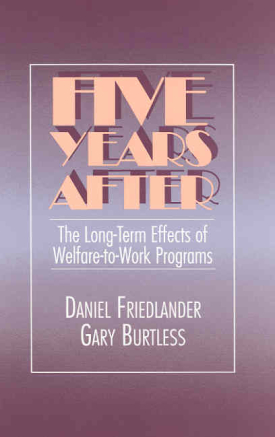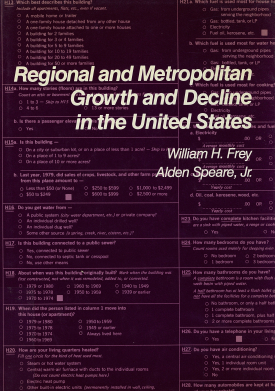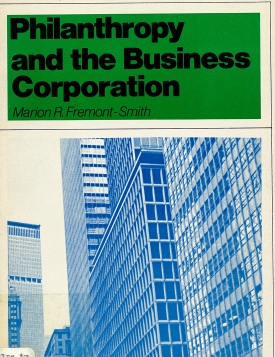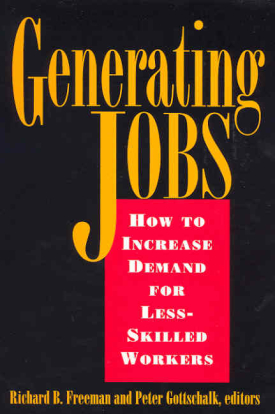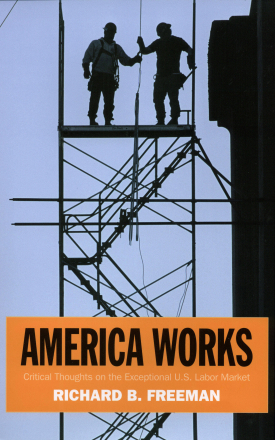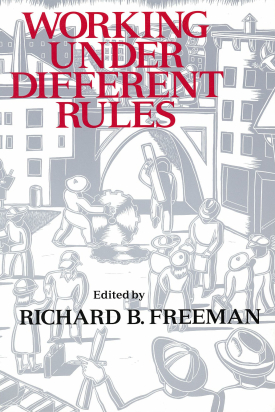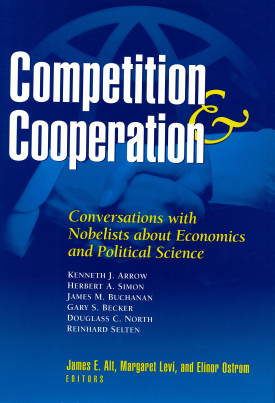
Competition and Cooperation
About This Book
What can the disciplines of political science and economics learn from one another? Political scientists have recently begun to adapt economic theories of exchange, trade, and competition to the study of legislatures, parties, and voting. At the same time, some of the most innovative and influential thinkers in economics have crossed the boundaries of their discipline to explore the classic questions of political science. Competition and Cooperation features six of these path-breaking scholars, all winners of the Nobel Prize for Economics, in a series of conversations with more than a dozen distinguished political scientists. The discussions analyze, adapt, and extend the Nobelists' seminal work, showing how it has carried over into political science and paved the way for fruitful cooperation between the two disciplines.
The exchanges span all of the major conceptual legacies of the Nobel laureates: Arrow's formalization of the problems of collective decisions; Buchanan's work on constitutions and his critique of majority rule; Becker's theory of competition among interest groups; North's focus on insecure property rights and transaction costs; Simon's concern with the limits to rationality; and Selten's experimental work on strategic thinking and behavior.
As befits any genuine dialogue, the traffic of ideas and experiences runs both ways. The Nobel economists have had a profound impact upon political science, but, in addressing political questions, they have also had to rethink many settled assumptions of economics. The standard image of economic man as a hyper-rational, self-interested creature, acting by and for for himself, bears only a passing resemblance to man as a political animal. Several of the Nobelists featured in this volume have turned instead to the insights of cognitive science and institutional analysis to provide a more recognizable portrait of political life.
The reconsideration of rationality and the role of institutions,in economics as in politics, raises the possibility of a shared approach to individual choice and institutional behavior that gives glimmers of a new unity in the social sciences. Competition and Cooperation demonstrates that the most important work in both economics and political science reflects a marriage of the two disciplines.
JAMES E. ALT is Frank G. Thomson Professor of Government and director of the Center of Basic Research in the Social Sciences at Harvard University.
MARGARET LEVI is professor of political science and Harry Bridges Chair in Labor Studies, University of Washington, Seattle. She is also director of the University of Washington Center for Labor Studies.
ELINOR OSTROM is codirector of the Workshop in Political Theory and Policy Analysis and the Center for the Study of Institutions, Population, and Environmental Change at Indiana University, Bloomington. She is also Arthur F. Bentley Professor of Political Science.
CONTRIBUTORS: James E. Alt, Kenneth J. Arrow, Gary S. Becker, James M. Buchanan, Norman Frohlich, Barbara Geddes, Robert E. Goodin, Russell Hardin, Bryan D. Jones, Robert O. Keohane, David D. Laitin, Margaret Levi, Douglass C. North, Joe A. Oppenheimer, Elinor Ostrom, Vincent Ostrom, Ronald Rogowski, Norman Schofield, Thomas Schwartz, Reinhard Selten, Kenneth A. Shepsle, and Herbert A. Simon.


